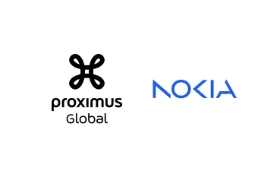Proximus Global, combining the strengths of Telesign, BICS, and Route Mobile, is transforming the future of communications and digital identity. Together, our solutions fuel innovation across the world's largest companies and emerging brands. Our unrivaled global reach empowers businesses to create engaging experiences with built-in fraud protection across the entire customer lifecycle. Our comprehensive suite of solutions – from our super network for voice, messaging, and data, to 5G and IoT; and from verification and intelligence to CPaaS for personalized omnichannel engagement – enables businesses and communities to thrive. Reaching over 5 billion subscribers, securing more than 180 billion transactions annually, and connecting 1,000+ destinations, we honor our commitment to connect, protect and engage everyone, everywhere.




